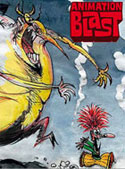The Bates Motel Sign; the house on the hill; a swirling shower drain; Norman Bate’s tortured visage; Bernard Herrmann’s score. All of these images and sounds have become iconic, woven into the popular lexicon, so unmistakable, even without context. If by sheer dumb luck you have never seen Alfred Hitchcock’s Psycho (1960), you are likely to be familiar with some aspect of this film. (Like the theme for Jaws, Bernard Herrmann’s theme for Psycho is forever entwined with the action it’s amplifying.) This month Psycho hits the 50 mark, and despite many shallow imitations, a few sequels, a remake, and many, many movies attempting to tap into the sheer audacity and precision of its filmmaking, Psycho still retains the power to shock, even in contrast with the best modern horror picture. Perhaps, it’s that Psycho taps directly into the heart of the movie-going experience: voyeurism at its base level. We seek entry into other worlds, other lives, from the safety of the theater seat or living room couch. Norman is fellow who likes to watch, and the audience, in turn, becomes an accessory to this act, implicated— in a strange, passive way—in its fallout.
For better or worse it remains Alfred Hitchcock’s most famous film, which, in and of itself, is astounding considering the sheer number of influential and ground breaking works Hitchcock directed over his prolific career.
Happy Birthday, Psycho, you don’t look a day over 50.






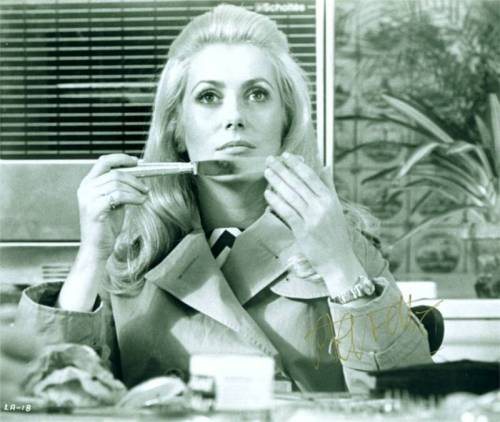
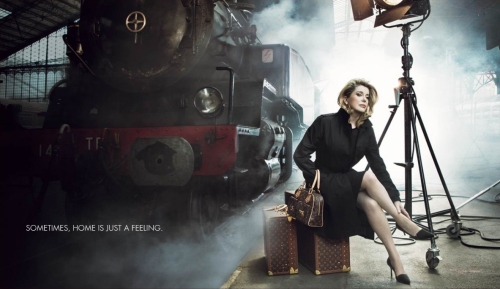
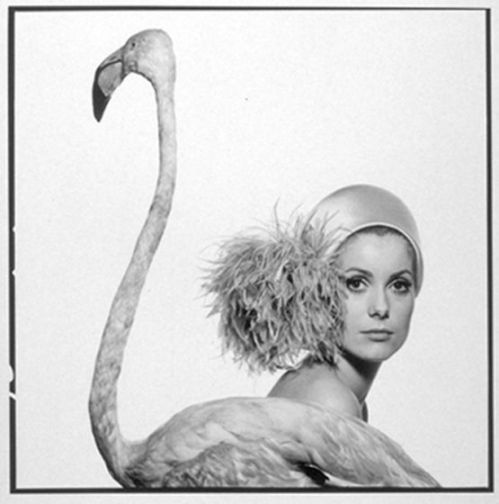
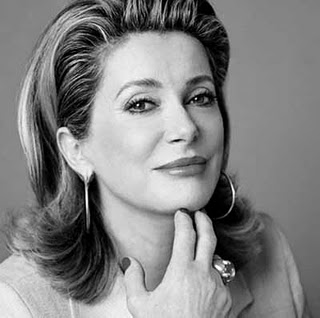
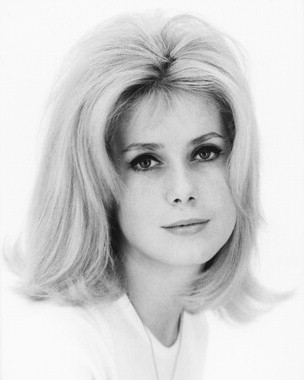
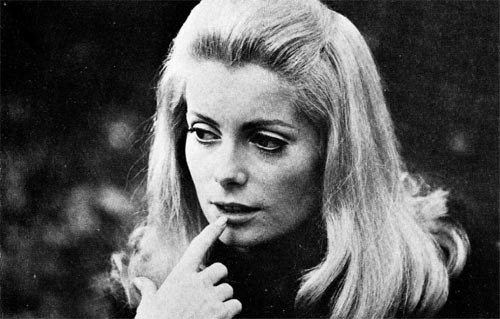
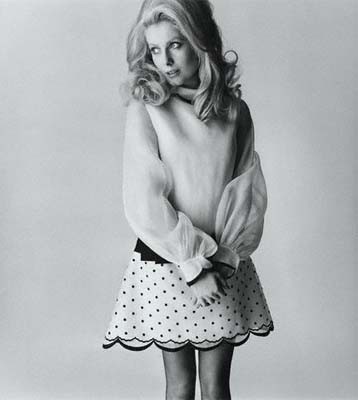
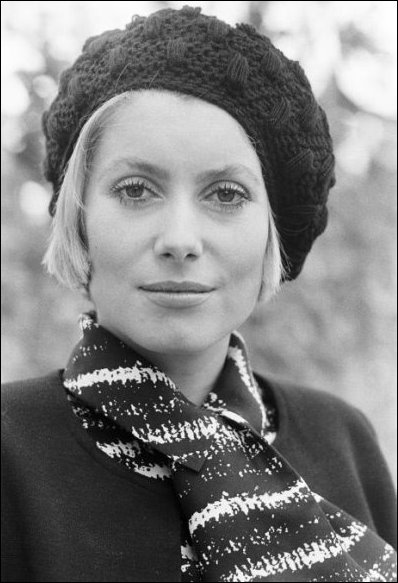
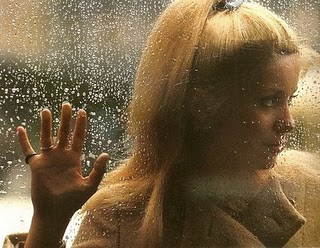
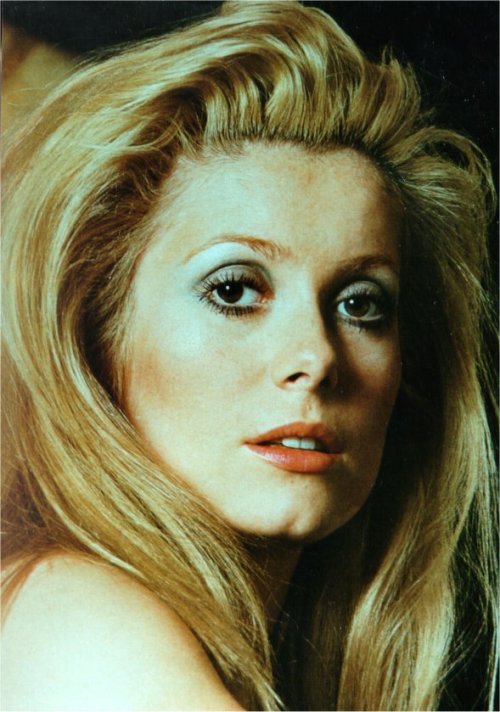
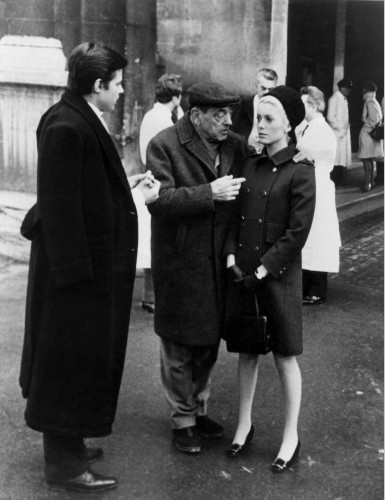
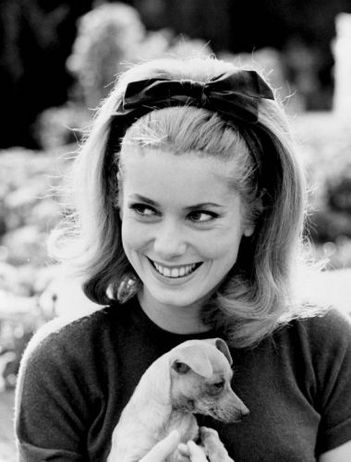
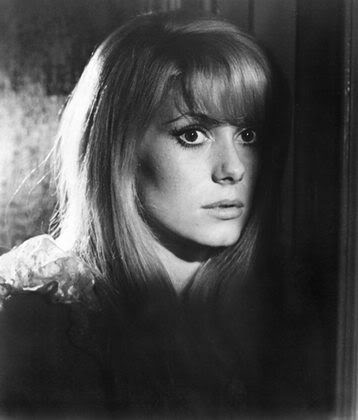
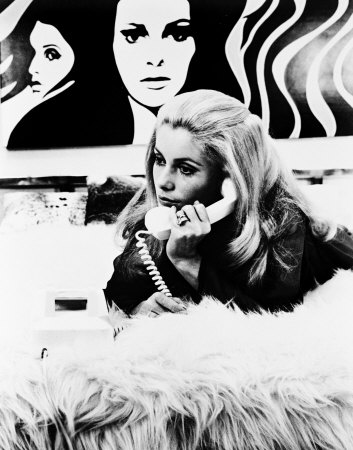
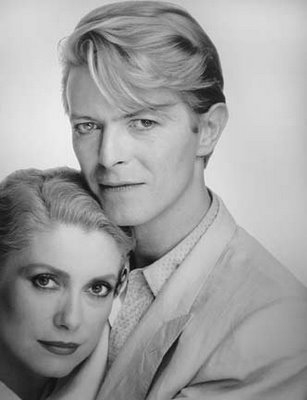
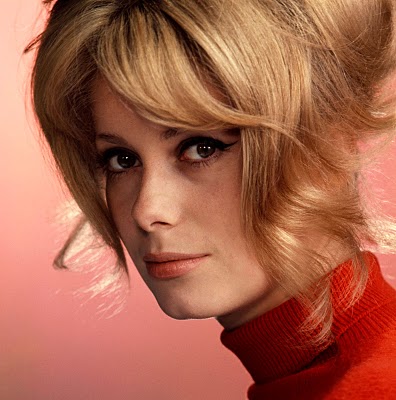
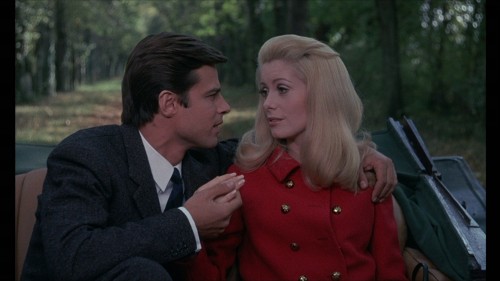
 If you like ACTION, THRILLS, ADVENTURE and ARMED FLYING SQUIRRELS WITH DEGREES IN LITHUANIAN BASKET WEAVING, look no further, you have come to the right place! That's correct, folks, your entertainment dollars go further at this Website---SCOTT BROTHERS and his CATALOGUE OF CURIOSITIES---because it's FREE! Shake off feelings of BOREDOM, REGRET and SOUL-CRUSHING EMPTINESS just by looking through our pages! Nothing else to purchase to become the LIFE OF THE PARTY! With SCOTT BROTHERS and his CATALOGUE OF CURIOSITIES you can see through WALLS, produce SHRUNKEN HEADS and become as strong as CHARLES ATLAS! No money back if not 100 percent satisfied.
If you like ACTION, THRILLS, ADVENTURE and ARMED FLYING SQUIRRELS WITH DEGREES IN LITHUANIAN BASKET WEAVING, look no further, you have come to the right place! That's correct, folks, your entertainment dollars go further at this Website---SCOTT BROTHERS and his CATALOGUE OF CURIOSITIES---because it's FREE! Shake off feelings of BOREDOM, REGRET and SOUL-CRUSHING EMPTINESS just by looking through our pages! Nothing else to purchase to become the LIFE OF THE PARTY! With SCOTT BROTHERS and his CATALOGUE OF CURIOSITIES you can see through WALLS, produce SHRUNKEN HEADS and become as strong as CHARLES ATLAS! No money back if not 100 percent satisfied.












